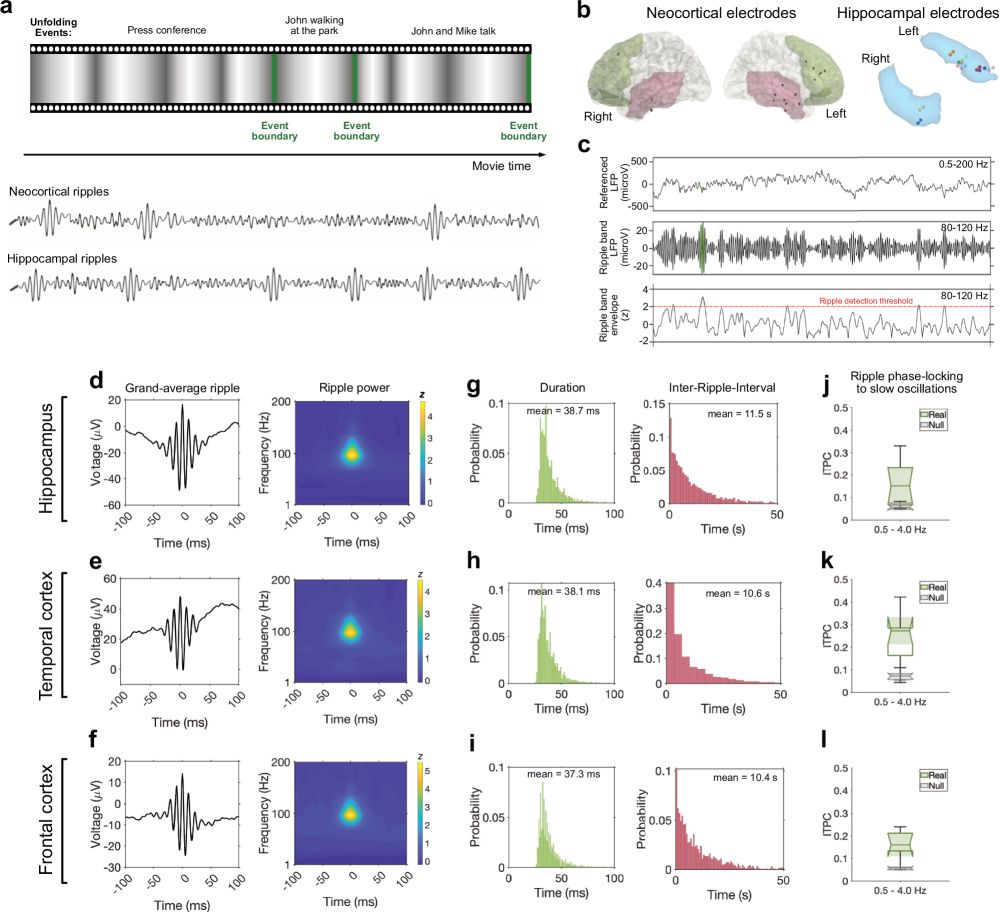
We explore these questions using fMRI and large-scale representational alignment analyses.
🔗 arxiv.org/abs/2507.13941
Thread👇 (1/8)
Our new study shows it propagates via social prediction errors. When we "imagine together," simulation discrepancies drive an update in expectations to align with the group. A dynamic resource shaped by social interaction.
Link study: osf.io/preprints/ps...
Our new study shows it propagates via social prediction errors. When we "imagine together," simulation discrepancies drive an update in expectations to align with the group. A dynamic resource shaped by social interaction.
Link study: osf.io/preprints/ps...
- high encoding accuracy ≠ functional convergence
- human brain ≠ NES console ≠ 4-layers CNN
- videogames are cool
w/ @lune-bellec.bsky.social 🙌

- high encoding accuracy ≠ functional convergence
- human brain ≠ NES console ≠ 4-layers CNN
- videogames are cool
w/ @lune-bellec.bsky.social 🙌
![What do representations tell us about a system? Image of a mouse with a scope showing a vector of activity patterns, and a neural network with a vector of unit activity patterns
Common analyses of neural representations: Encoding models (relating activity to task features) drawing of an arrow from a trace saying [on_____on____] to a neuron and spike train. Comparing models via neural predictivity: comparing two neural networks by their R^2 to mouse brain activity. RSA: assessing brain-brain or model-brain correspondence using representational dissimilarity matrices](https://cdn.bsky.app/img/feed_thumbnail/plain/did:plc:e6ewzleebkdi2y2bxhjxoknt/bafkreiav2io2ska33o4kizf57co5bboqyyfdpnozo2gxsicrfr5l7qzjcq@jpeg)
Excited to share our latest work on alpha/beta activity, eye movements, and memory.
Across 4 experiments combining scalp EEG/iEEG with eye tracking, we show that alpha/beta activity directly reflects eye movements, and only indirectly relates to memory.
👇 Highlights (1/7):
Excited to share our latest work on alpha/beta activity, eye movements, and memory.
Across 4 experiments combining scalp EEG/iEEG with eye tracking, we show that alpha/beta activity directly reflects eye movements, and only indirectly relates to memory.
👇 Highlights (1/7):
We investigated how hippocampal and cortical ripples support memory during movie watching. We found that:
🎬 Hippocampal ripples mark event boundaries
🧩 Cortical ripples predict later recall
Ripples may help transform real-life experiences into lasting memories!
rdcu.be/eui9l

We investigated how hippocampal and cortical ripples support memory during movie watching. We found that:
🎬 Hippocampal ripples mark event boundaries
🧩 Cortical ripples predict later recall
Ripples may help transform real-life experiences into lasting memories!
rdcu.be/eui9l
We explore these questions using fMRI and large-scale representational alignment analyses.
🔗 arxiv.org/abs/2507.13941
Thread👇 (1/8)

We explore these questions using fMRI and large-scale representational alignment analyses.
🔗 arxiv.org/abs/2507.13941
Thread👇 (1/8)
Join us this year at ICON 2025 to discuss how sudden learning emerges across artificial and biological systems! 🧠🤖
Really excited to announce our symposium at @ICON this year on Sudden Learning Across Systems!
Together with lots of cool people: @gonzalezgarcia.bsky.social @lindedomingo.bsky.social @ortiztudela.bsky.social @anikaloewe.bsky.social @jazzmaniatico.bsky.social and Andrea Greve!
Join us this year at ICON 2025 to discuss how sudden learning emerges across artificial and biological systems! 🧠🤖
www.sciencedirect.com/science/arti...

www.sciencedirect.com/science/arti...

